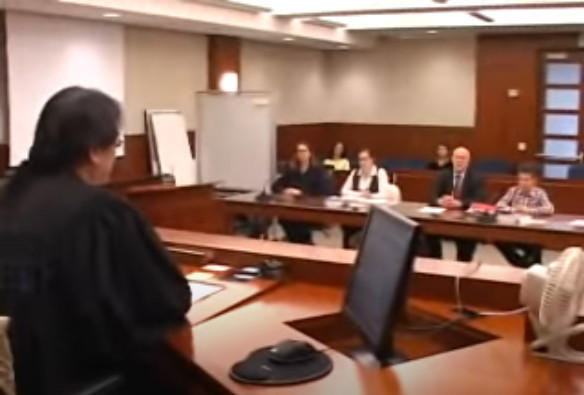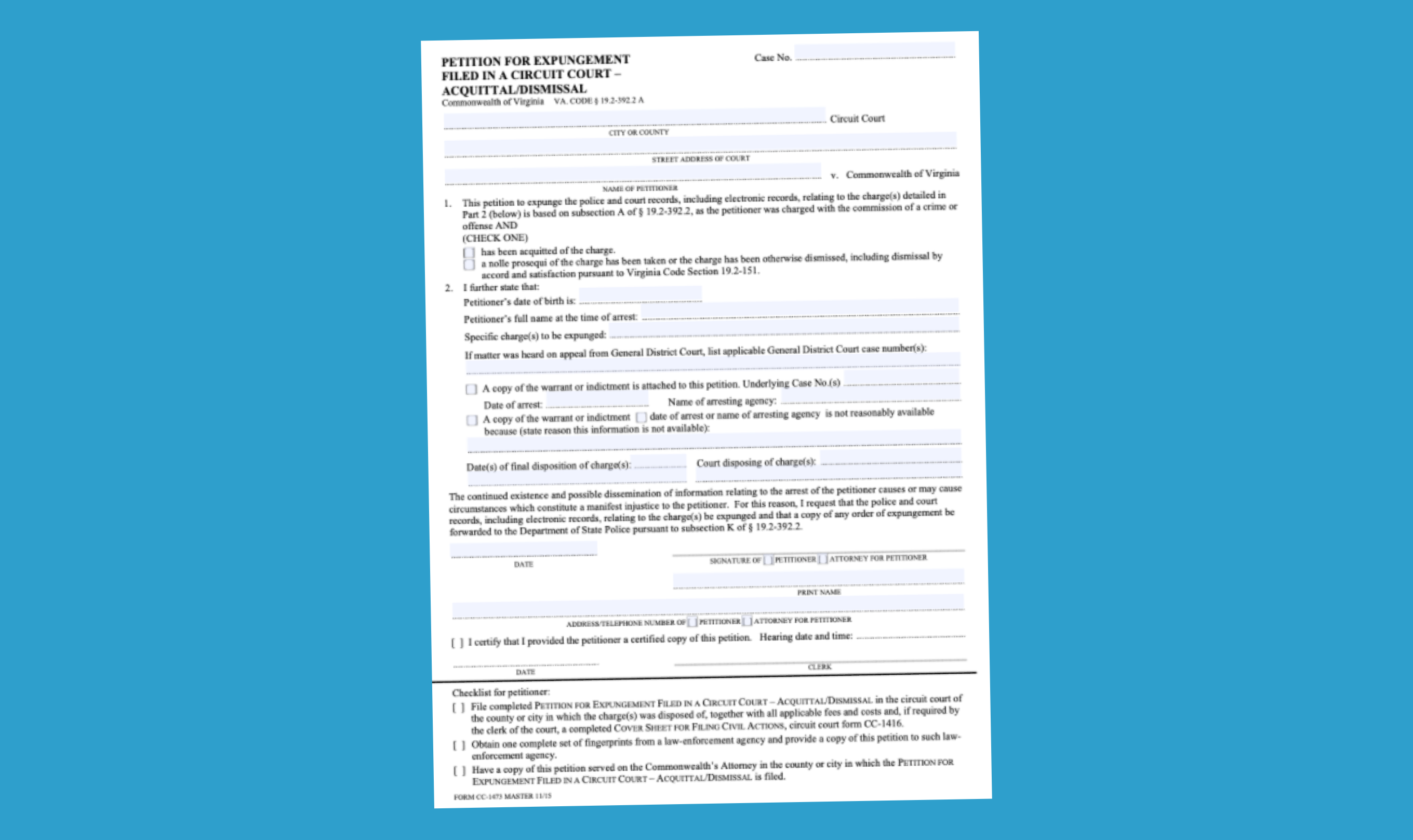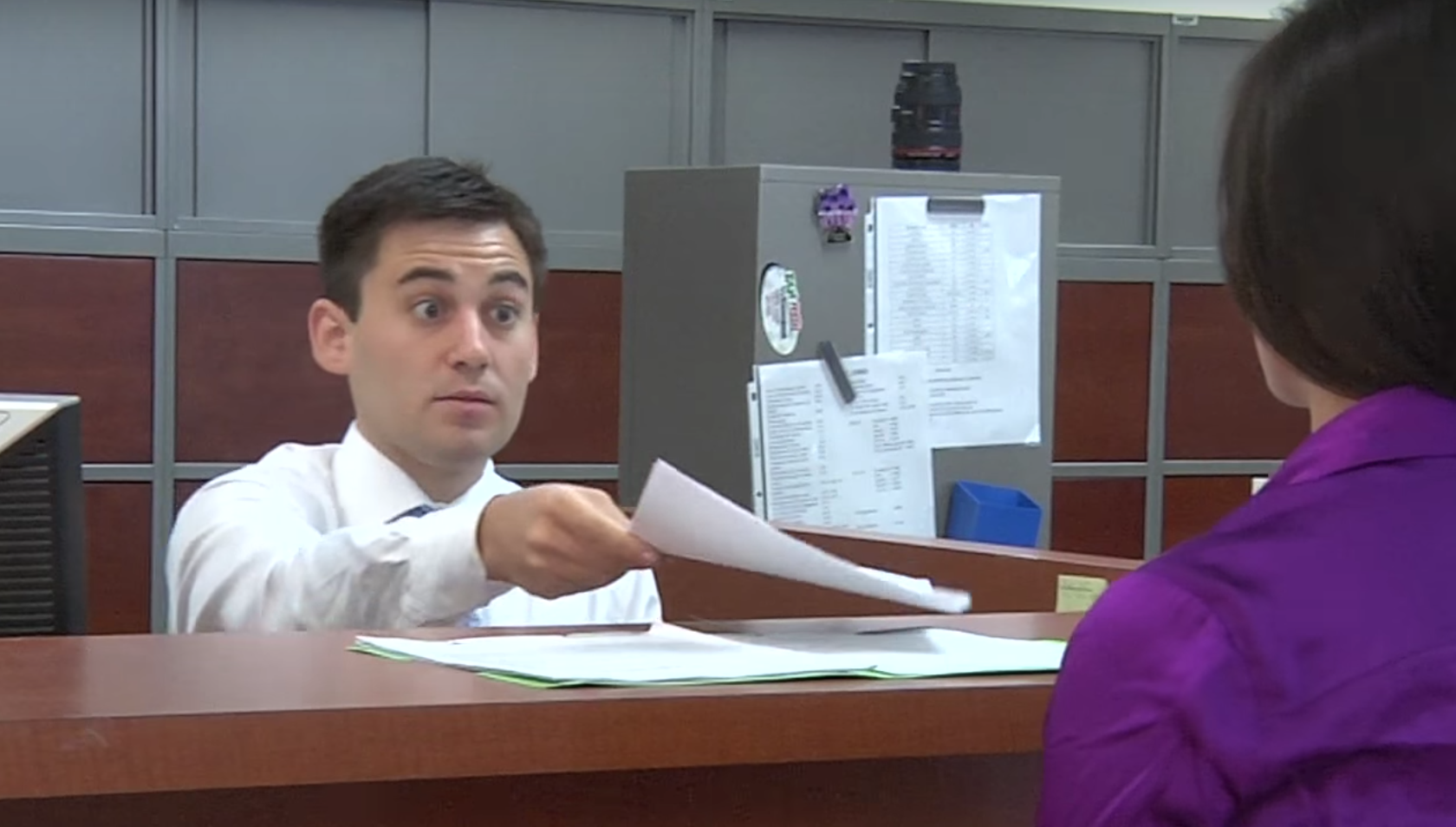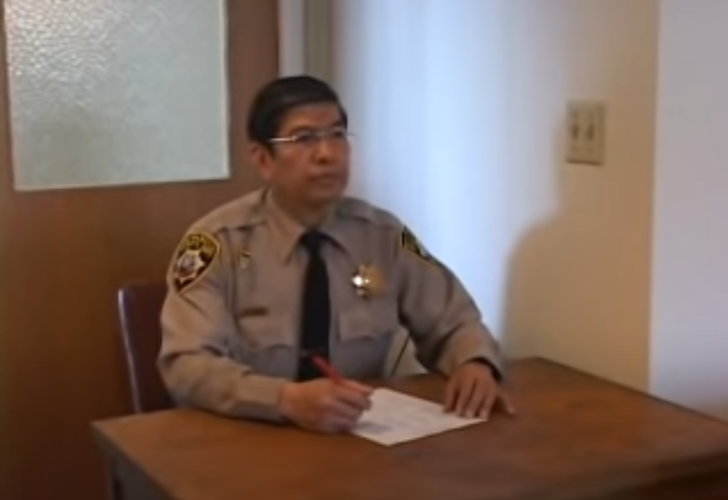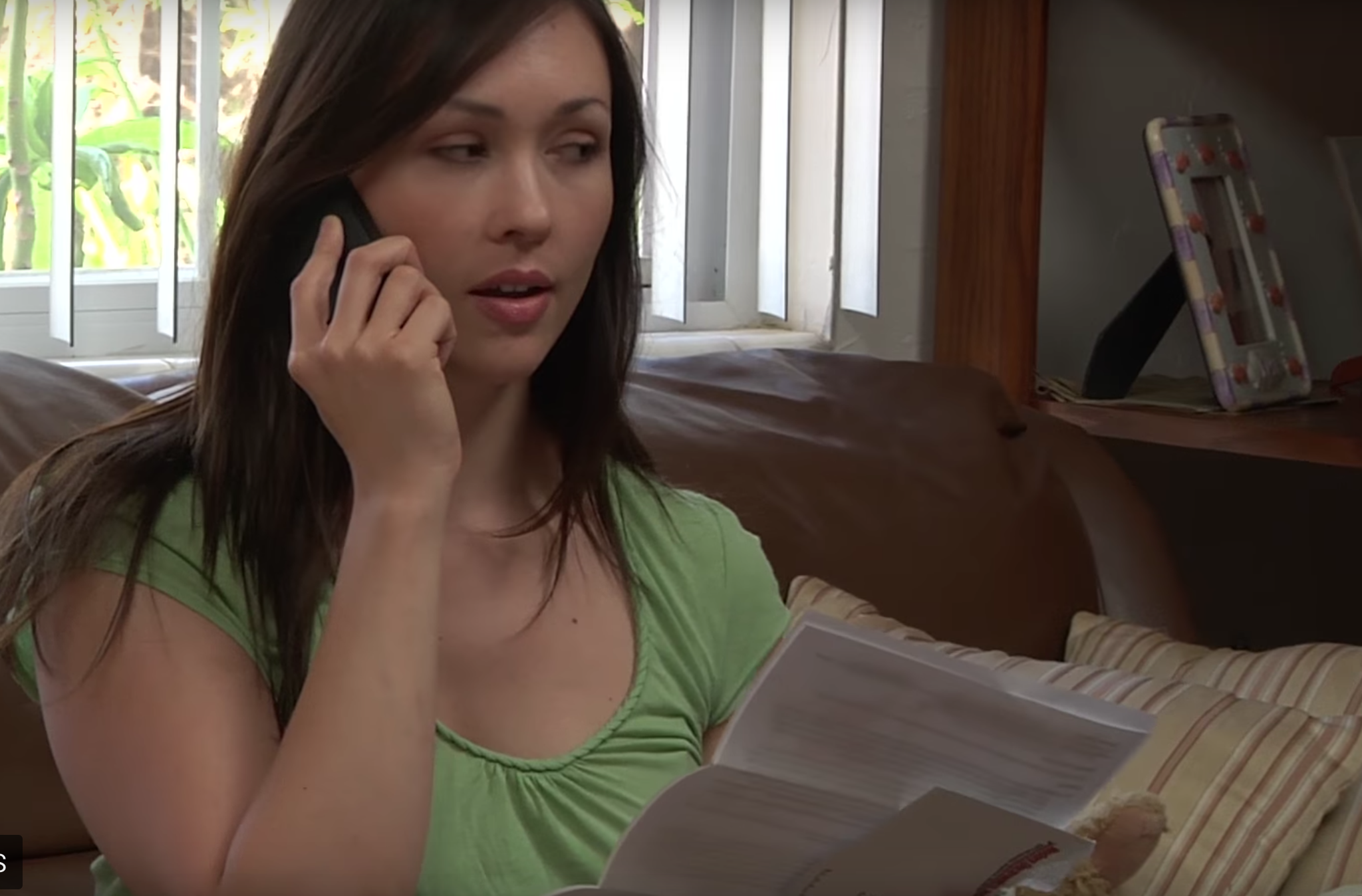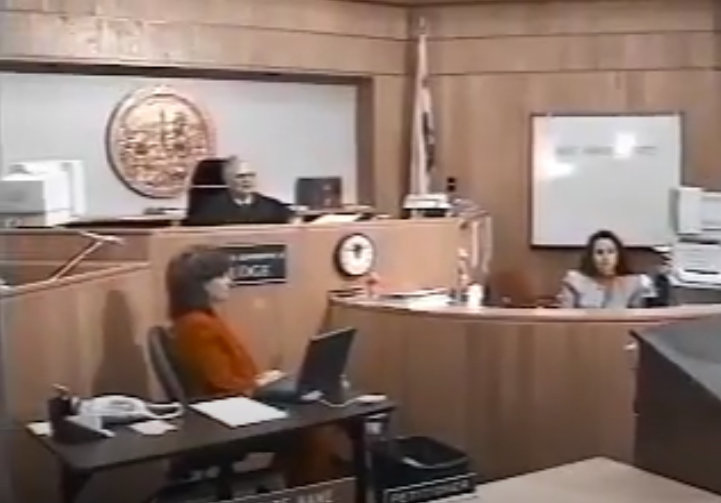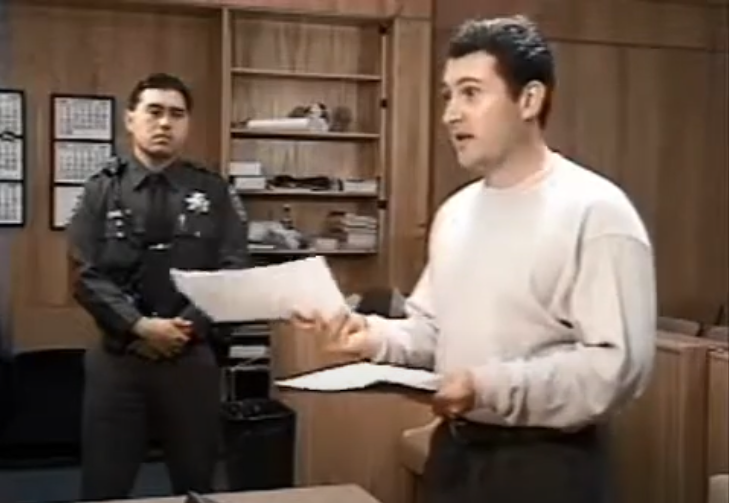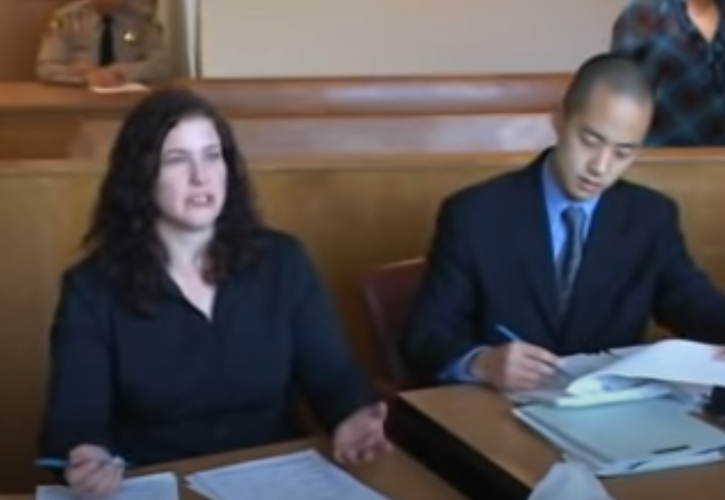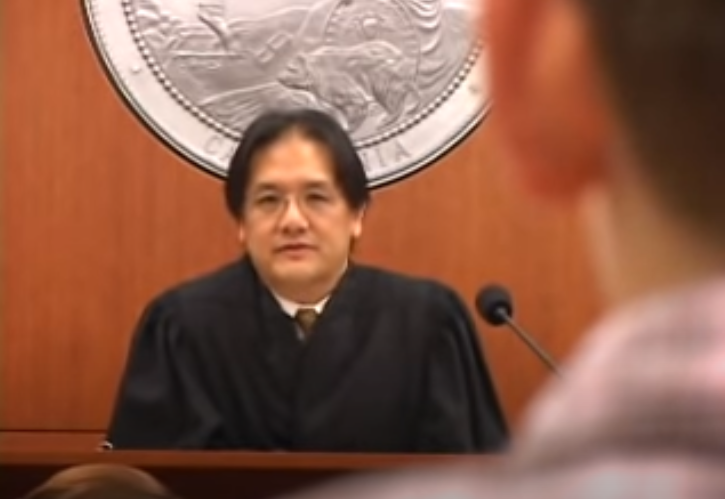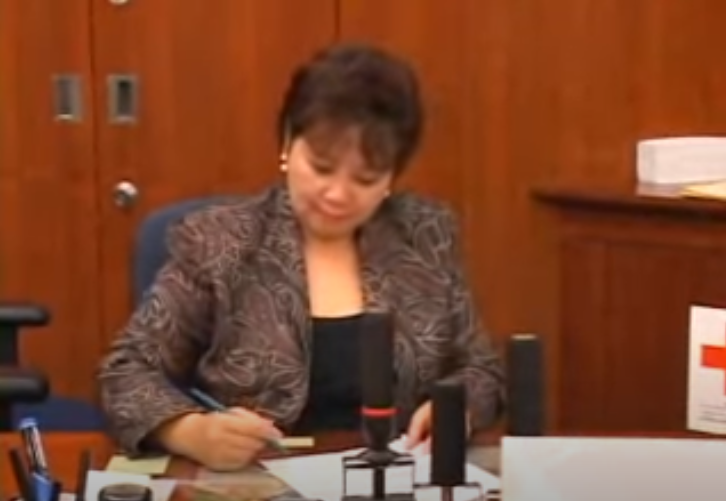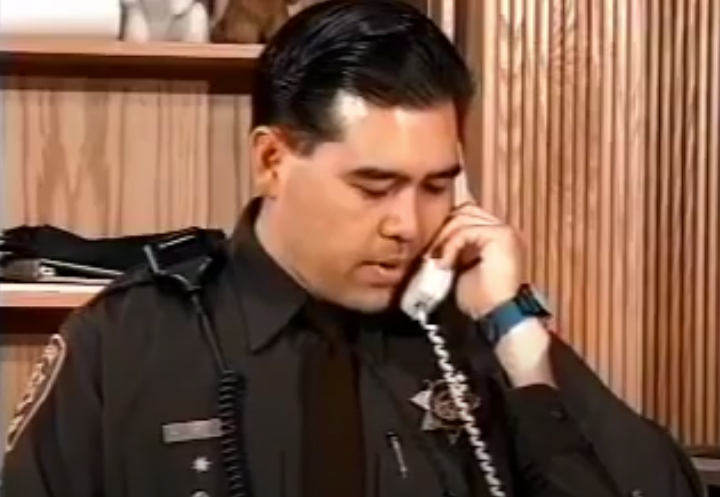How do I clear my criminal record?
A free legal guide to expungement in VirginiaUse this guide to expunge your criminal record.
Expungement is the legal term to seal a criminal record, so most people cannot see it. The police and court records would be sealed.
Expungement is open to Virginians who have been arrested and charged with a crime, but who were not convicted.
Expungement does NOT mean the records are destroyed.
After an expungement, the records are taken away from public view and can only be seen if the court gives permission (such as to a law enforcement officer). They are hidden, or masked.
If You Need More Help
You can contact your local Virginia legal aid group by calling 1-866-534-5243.
You can also look up your local legal aid group.
They can help you understand if you are eligible to expunge your criminal record. Legal aid can also help you with the expungement process, if you are eligible.
Frequently Asked Questions
Find answers to FAQs about what Virginians can do to get an expungement, to seal or clean their criminal record.
Steps to Cleaning Your Record
For people with a criminal record in VirginiaStep 1:
Check if You're Eligible For Expungement
____
Check if you fit into one of the eligible categories for criminal record expungement in Virginia.
If you do not fit the eligibility criteria listed below, it will be very difficult to obtain an expungement.
These are the categories of people who can expunge their record in Virginia:
- A defendant in a criminal case who pleads “not guilty” and is then acquitted by a judge or jury.
- A person in a civil action who is charged with contempt of court, but is found not guilty.
- A defendant in a criminal case that the Commonwealth Attorney’s office decides not to prosecute (nolle prosequi) for all charges.
- A defendant charged with assault and battery or other misdemeanor for which the defendant could also be sued in a civil action, if the injured person states in writing s/he has received satisfaction for the injury and the case is dismissed.
- A person whose name or identification has been used without consent or authorization in a criminal case (identity theft).
- A defendant convicted of a crime who later receives an absolute pardon.
Step 2:
Find the Right Court
____
Determine which court in Virginia to file your expungement action in. This depends on whether your criminal record is from identity theft or not.
- If the record is not from a mistaken identity conviction, you need to file an action in the Virginia circuit court where the charges had been brought against you.
- If you have a mistaken identity conviction, the petition should be filed in the court where the case was decided (even if the case was heard in general district court or juvenile court).
You can find the map and list of local Virginia circuit courts at the courts' webpage.
Step 3:
File an Expungement in Court
____
File a court action for expungement. You should contact your court about using the right form to file this action. For example, if you are filing in a Virginia circuit court, you can use this court form called the Petition for Expungement to file for expungement.
- You should make multiple copies of your form. The court can let you know how many copies to make.
- You will likely have to pay a court fee to file the form. It might cost you $86 to file it with the court (as of 2021) plus a $12 service charge.
- You can ask the court to file for free. Ask the court clerk for a Fee Waiver Form, or an In Forma Pauperis form. Fill in this Fee Waiver Form to request to file without paying the fees.
Step 4:
Go Through the Court Process
____
Follow the court's expungement procedure. Check with your court about what the next steps will be after filing the expungement action.
Be sure to complete all steps within the deadlines. Contact a lawyer or the court's self-help center for more support.
Here are some things you can expect to do:
- You will get your fingerprints taken.
- Schedule your court hearing for 30 days after the fingerprints are taken.
- Prepare for your court hearing.
Step 5:
Go to the Court Hearing
____
Go to the court hearing and present your side.
Make sure you come to the right building, at the right time. Come dressed for court. Be prepared with your papers and anything else you will need.
At the hearing, you will get a chance to explain your side. You should be prepared to talk about why the criminal charge is stopping you from moving forward.
You will have a chance to explain why you want an expungement.
The judge or the prosecutor might ask you questions. The prosecutor may also be called the Commonwealth Attorney.
Listen to the prosecutor's side, to see if they challenge your petition.
Step 6:
Follow Through to Make Sure the Record is Expunged
____
If the judge sides with you, then the expungement process will begin.
It might take 3 to 6 months to have your criminal record removed. During this time, the various government records of your criminal charges will be cleared.
Some government agencies will still be able to see your record even after the expungement. For example, the federal government may still be able to see your record if you apply for a security clearance. The court will also be able to see your record, but they are not supposed to use it against you.
Once the expungement is all done, then you will get a letter from the state police. The police will send the letter to the address that you put on the petition you filed with the court.
Frequently Asked Questions
About expunging a criminal record in VirginiaWhat does an expungement mean?
Is it the same thing as cleaning your criminal record? Or erasing it permanently?
Expungement does NOT mean that your criminal record is destroyed. It means that it is sealed, so most people cannot see the criminal record.
After an expungement, the records are taken away from public view and can only be seen if the court gives permission (such as to a law enforcement officer). They are hidden, or masked.
Who is eligible to expunge their criminal record in Virginia?
These are the categories of people who can expunge their record in Virginia:
- A defendant in a criminal case who pleads “not guilty” and is then acquitted by a judge or jury.
- A person in a civil action who is charged with contempt of court, but is found not guilty.
- A defendant in a criminal case that the Commonwealth Attorney’s office decides not to prosecute (nolle prosequi) for all charges.
- A defendant charged with assault and battery or other misdemeanor for which the defendant could also be sued in a civil action, if the injured person states in writing s/he has received satisfaction for the injury and the case is dismissed.
- A person whose name or identification has been used without consent or authorization in a criminal case (identity theft).
- A defendant convicted of a crime who later receives an absolute pardon.
If you were found guilty, then you don't qualify for expungement. You may have options to expunge your criminal record in 2025.
If you were found not guilty but you had a deferred disposition (Iike community service) then you're not eligible for expungement until 2025.
If you were found guilty and were under the age of 18, then check below for more details on your options.
Will my record get automatically cleared if I'm acquitted?
If I have been acquitted of a criminal charge, am I automatically entitled to have it expunged?
No, you're not automatically entitled to expungement after an acquittal.
You are then eligible to request that the court expunge the record, but the commonwealth’s attorney could object, and a judge will need to decide.
If I was under 18 when I was convicted of a crime, can I get the record expunged?
Yes, you can get your criminal record expunged.
In Virginia, most juvenile records are expunged automatically once the person turns 19, if it has been 5 years since the date of the last hearing.
However, if the juvenile was convicted of an act that would have been a felony if committed by an adult, the records are not automatically destroyed. You will have to file for an expungement.
How can I get my criminal record expunged, if I am a victim of identity theft?
Virginia has set up a special process for identity theft victims to correct criminal records that mistakenly cite identifying information that belongs to an innocent party.
An identity theft victim can bring an expungement action in any court in which the criminal charge was made. Check which court your criminal record is in. Then be in touch with that court about how to file an expungement action.
This court process can be helpful, since other expungement applicants must file in circuit court which takes longer.
Find more resources for victims of identity theft at the Virginia Attorney General's website.
Get More Help
with your legal situation
Find a Private Lawyer: To connect with a private lawyer, call Virginia Lawyer Referral Service at 1-800-552-7977 or go to their website at https://vlrs.community.lawyer/. Some lawyers charge $35.00 for an initial interview.
Contact Legal Aid: You can call the Virginia Legal Aid Hotline 1-866-LEGLAID (1-866-534-5243). This will help you find your local free legal aid group.
If you are in Northern Virginia, seek help from the legal aid group Legal Services of Northern Virginia, visit https://www.lsnv.org or call (703) 778-6800.
If you are not in Northern Virginia, or need to find other groups, you can find a list of Virginia legal aid and help groups here, for more legal and financial assistance.
The information on this page is not legal advice.
Legal advice is dependent upon the specific circumstances of a person's situation. The information on this page cannot replace the advice of competent, local legal counsel.
Before taking action based on the information on this site, first check for up-to-date information with your local court system, and seek the advice of licensed local attorneys in Virginia (or your state).
This platform is not a substitute for qualified legal advice.
Please contact a lawyer in Virginia to help you with your specific situation. You can find a private lawyer by calling 1-800-552-7977 or find a local legal aid group by calling 1-866-LEGLAID (1-866-534-5243).

